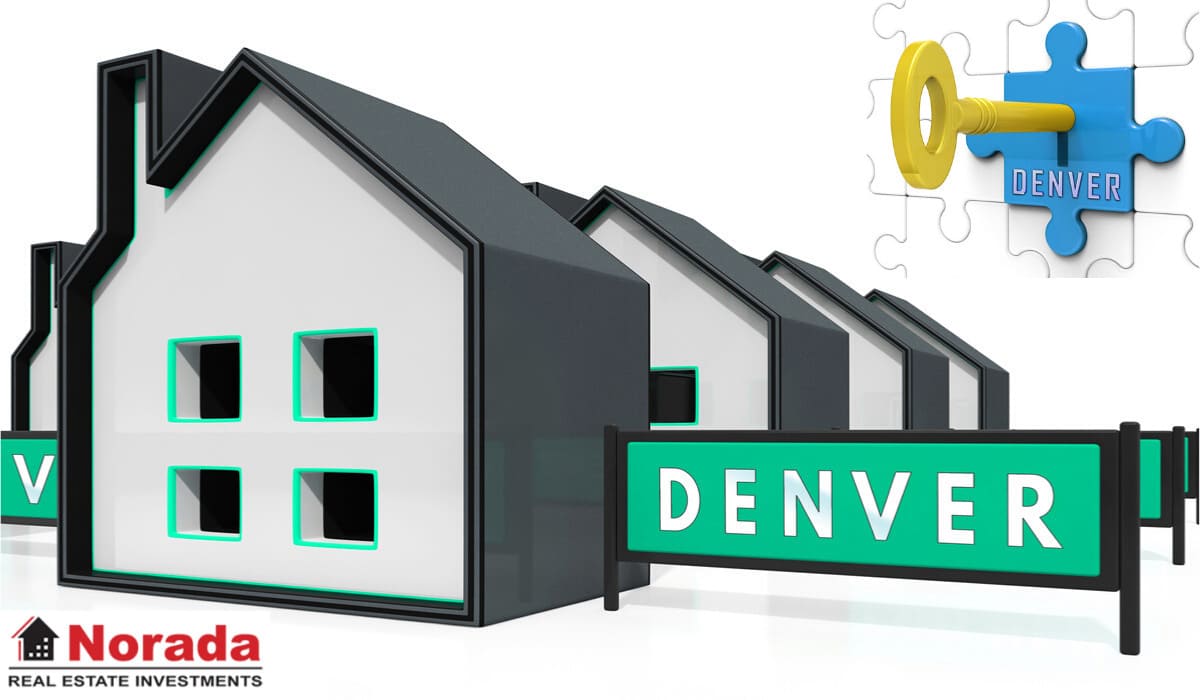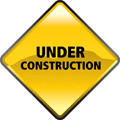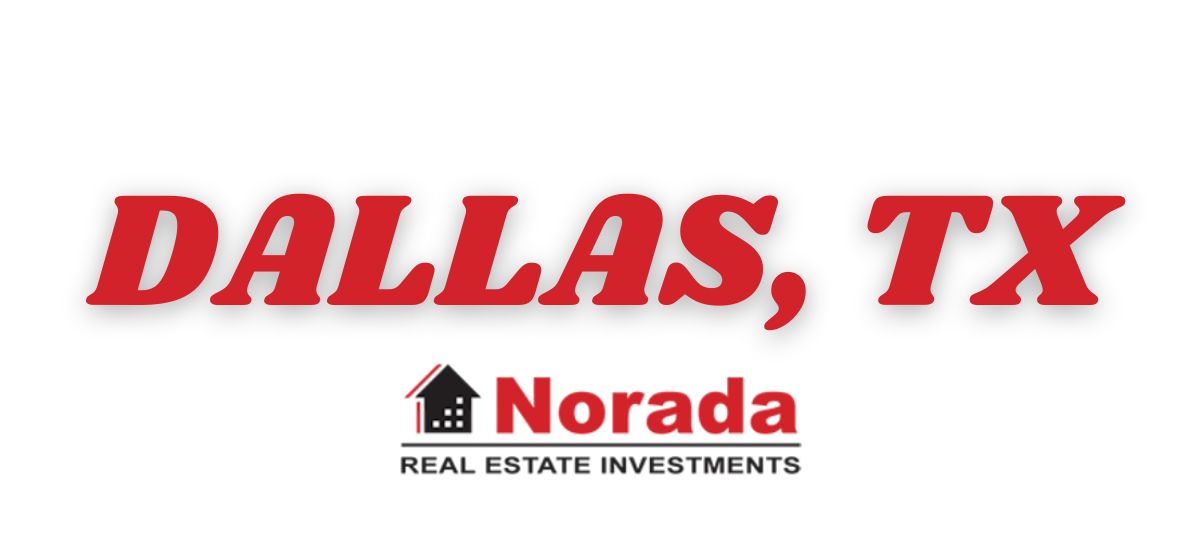Denver has been one of the fastest-growing metro areas in the United States for years. It stands out for ranking among the top ten in quality of life, as well. That is reason enough for many potential real estate investors to consider buying Denver investment properties.
Table of Contents
Analysis of the Denver Housing Market
The Denver housing market is a complex and ever-changing beast, but one thing is for sure: it's hot. In February 2024, the median sale price of a home in Denver was $569K, up 2.3% from the previous year, according to Redfin's data.
However, homes are selling much faster, with an average of 33 days on the market, which is 6 days slower than last year. This indicates that there is still a lot of demand for Denver homes, even though prices have softened slightly.
One of the driving forces behind the Denver housing market is the strong job market. Denver has been adding jobs at a steady clip for years, and this has attracted a lot of new residents to the city.
In fact, 70% of Denver homebuyers are looking to stay within the metro area, which means that they are already familiar with the city and its offerings. This local demand is helping to support home prices, even as the national market cools down.
Another factor that is supporting the Denver housing market is the lack of inventory. There are simply not enough homes for sale to meet the demand from buyers. This is driving up prices and making it difficult for buyers to find their dream home. However, it is also creating a good opportunity for sellers, who can often get top dollar for their homes.
Overall, the Denver housing market is a good place to be if you are a seller. Prices are still high and homes are selling quickly. However, if you are a buyer, you may need to be patient and prepared to make an offer quickly.
Additional Insights:
- The Denver housing market is expected to remain stable in 2024, with prices growing at a slower pace than in recent years.
- The most popular neighborhoods in Denver are Capitol Hill, LoDo, and Uptown.
- Denver is a great place to live for young professionals and families alike. The city offers a variety of cultural attractions, outdoor activities, and job opportunities.
The Best Places to Buy Denver Investment Properties
Investing in Denver properties presents a promising opportunity, especially in neighborhoods boasting a strong job market, a growing population, and a limited housing supply. These factors suggest a likelihood of appreciation in property value, making them attractive investments for landlords.
Union Station
Located in downtown Denver, Union Station is a thriving neighborhood offering a blend of residential, commercial, and retail properties. It's a favored spot for both locals and tourists and hosts major employers like Google and Facebook, enhancing its appeal to potential investors.
RiNo (River North Art District)
RiNo is a trendy and vibrant neighborhood in Denver, experiencing substantial development in recent years. Known for its art galleries, boutiques, and diverse culinary scene, it attracts young professionals and families seeking a lively urban environment, making it an enticing choice for real estate investment.
Highland Park
Highland Park is a historic neighborhood renowned for its picturesque homes and charming tree-lined streets. It's a family-friendly area with good schools and parks, making it an attractive prospect for families looking for a peaceful yet accessible community.
Wash Park (Washington Park)
Wash Park is highly desirable due to its proximity to Washington Park, one of Denver's largest and most popular parks. The neighborhood offers not only easy access to recreational opportunities but also boasts good schools and a variety of restaurants, making it appealing to families and professionals alike.
Sloan's Lake
Sloan's Lake is a trendy neighborhood known for its close proximity to the popular Sloan's Lake, a hub for water-based activities and outdoor leisure. Additionally, the area features a range of restaurants and bars, enhancing its appeal for those seeking an active and social lifestyle.
Up-and-Coming Neighborhoods:
These emerging neighborhoods also hold promise for real estate investors:
- Sunnyside: A diverse neighborhood known for affordable housing options and its convenient location near downtown Denver, making it a potentially lucrative investment.
- Berkeley: A historic neighborhood characterized by its beautiful homes and proximity to the University of Denver, making it attractive to potential renters.
- Stapleton: Formerly an airport area, Stapleton has transformed into a mixed-use community with new homes, apartments, and businesses, presenting investment opportunities.
- Belmar: A mixed-use development in Lakewood, this area offers new homes, apartments, shops, and restaurants, contributing to its appeal for investors seeking a diverse property portfolio.
Investors considering Denver should meticulously evaluate these neighborhoods based on factors such as growth potential, rental demand, amenities, and long-term economic viability to make informed investment decisions.
Top Reasons Why Denver is a Prime Real Estate Investment Hub
- Strong Job Market: Denver boasts a thriving economy, marked by a low unemployment rate and high job growth. This creates a significant pool of potential tenants actively seeking housing.
- Population Growth: As one of the fastest-growing cities in the United States, Denver's appeal is bolstered by its strong job market, appealing lifestyle, and pleasant climate.
- Diverse Economy: Denver's economic base is diversified, encompassing technology, aerospace, healthcare, and tourism. This diversity minimizes the risk of economic downturns affecting the real estate market significantly.
- High Home Values: Denver has seen consistent appreciation in home values, promising attractive returns on investment for real estate investors.
- Strong Rental Demand: The demand for rentals in Denver remains high, with vacancy rates consistently below the national average, providing confidence to property investors.
- Desirable Lifestyle: Denver's alluring lifestyle, characterized by a mild climate, outdoor recreational activities, and a vibrant cultural scene, positions it as a highly sought-after place to live. This demand, in turn, drives the need for rental properties.
- Limited Supply: The housing supply in Denver is constrained by factors like geographic limitations and zoning restrictions. This scarcity contributes to elevated home values and rental rates, making it an advantageous market for real estate investors.
- Favorable Tax Climate: Colorado offers a relatively favorable tax environment for investors, such as the absence of state income tax on rental income, enhancing the financial appeal of investing in Denver.
Therefore, Denver, with its strong job market, population growth, diverse economy, appreciating home values, high rental demand, desirable lifestyle, limited housing supply, and favorable tax climate, stands as an optimal locale for real estate investment. However, you should always conduct thorough research and seek advice from financial experts before making any investment decisions, recognizing that all investments carry inherent risks.




